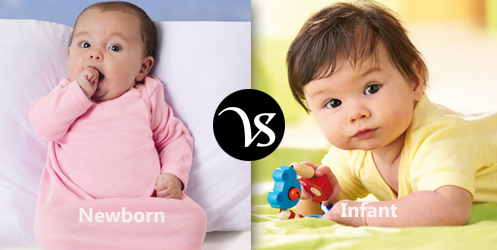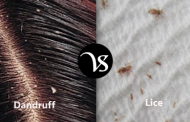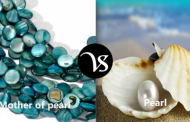 Newborn:
Newborn:
A newborn is an infant who is only hours, days or up to a few weeks old. In medical contexts, newborn or neonate refers to an infant in the first 28 days after birth. Immediately after birth the newborn’s skin is often grayish to dusky blue in colour. As soon as the newborn begins to breathe usually within a minute or two, the skin’s colour reaches to normal tone.
Infant:
An infant is a very young offspring of human or animal. The term infant is typically applied to young children between the ages of 1 month to 12 months. Infants cry as a form of basic instinctive communication. Infants respond to the sound of snake hissing, angry voice of adults, the crackling sound of fire, thunder and the cries of other infants.
Differences:
| Basis | Newborn | Infant |
|---|---|---|
| Definition (www.oxforddictionaries.com) | (Of a child or animal) recently or just born | A very young child or baby |
| Synonyms | Kid, babe, kittenish, nascent, baby, child | Suckling, nascent, young, toddler, newborn |
| Antonyms | Elderly, unmanned, weakened, exhausted, enervate | Boy, elder, fledged, maternal, ancestry, adult |
| Part of Speech | Adjective | Noun |
| Word origin | The word newborn was originated in between 1250-1300 from Middle English. | The word infant was originated from Late Middle English: from Old French enfant, from Latin infant- ‘unable to speak’, from in- ‘not’ + fant- ‘speaking’ (from the verb fari). |
| Developmental issues |
|
|
| Comforting techniques | Soft music, comfort positioning, singing, light up toys, etc. | Soft music, singing, videos, bubbles, favorite object, etc |
| Pronunciation |
|
|
| Example in Sentence |
|
|





